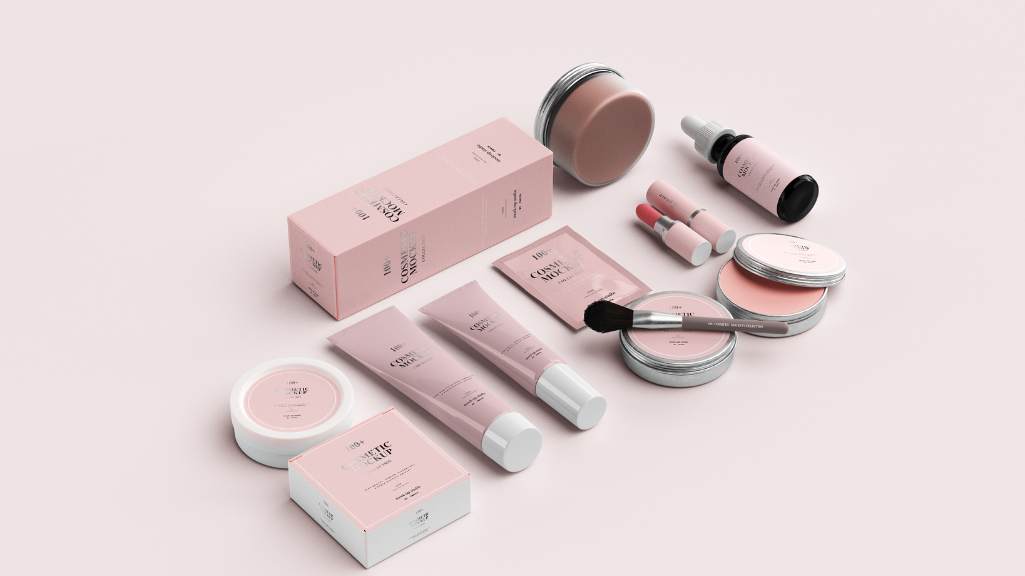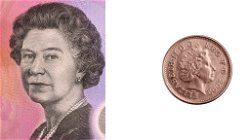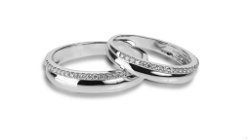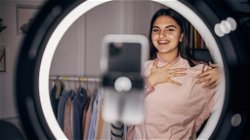The Ever-Evolving World of Cosmetics: Unveiling Beauty Trends and Innovations
Poonam Junjunwala
. 2 min read
Cosmetics have been an integral part of human culture for centuries, allowing individuals to enhance their natural features and express their personal style. From ancient civilizations to the modern era, the world of cosmetics has undergone remarkable transformations, driven by innovation, scientific advancements, and changing beauty ideals. This article will delve into the captivating realm of cosmetics, exploring the latest trends, breakthrough technologies, innovative apps, and the dynamic relationship between beauty and self-expression.

Beauty Trends
The cosmetics industry is constantly evolving, with new trends emerging each year. Here are some noteworthy beauty trends that have gained significant popularity in recent times:
a) Clean and Sustainable Beauty: With increasing awareness about environmental sustainability, consumers are gravitating towards clean and sustainable beauty products. This trend emphasizes natural and eco-friendly ingredients, cruelty-free practices, and sustainable packaging.
b) Inclusive Beauty: The beauty industry is embracing diversity and inclusivity, challenging traditional beauty standards. Brands are now offering a wider range of foundation shades, catering to diverse skin tones, and featuring models with different ethnic backgrounds, body shapes, and gender identities.
c) Skinimalism: As a counter to heavy makeup looks, skinimalism promotes a more natural and minimalistic approach to skincare and makeup. This trend focuses on achieving healthy, glowing skin with fewer products, emphasizing skincare routines and enhancing natural features with light coverage makeup.
Technological Advancements
Cosmetics and technology have converged, leading to groundbreaking innovations that have revolutionized the industry. Here are some notable advancements:
a) Augmented Reality (AR) and Virtual Try-On: Many cosmetic brands now offer AR-powered virtual try-on experiences, allowing consumers to digitally try out makeup products before making a purchase. This technology uses facial recognition and tracking to superimpose virtual makeup onto real-time video or images, providing a realistic preview.
b) Skincare Devices: The market for skincare devices has expanded, offering advanced tools for at-home treatments. These devices include facial cleansing brushes, LED light therapy masks, microcurrent devices, and derma-rolling tools, among others, providing consumers with professional-grade skincare treatments in the comfort of their own homes.
c) Customization and Personalization: The demand for personalized beauty experiences has grown significantly. Cosmetic brands are offering customized products tailored to individual preferences, such as personalized foundation shades, custom lipstick shades, and skincare formulations designed for specific skin concerns.
The Rise of Influencer Marketing
In the age of social media, influencers have become powerful players in the cosmetics industry. Influencer marketing has transformed the way brands promote and sell their products, with influencers endorsing and reviewing cosmetics to their large online followings. This form of marketing allows for direct engagement with consumers, creating a sense of authenticity and trust.
Ethical and Sustainable Practices
Consumers are increasingly conscious of the environmental and ethical impact of the cosmetics industry. In response, brands are adopting sustainable practices, such as sourcing ingredients responsibly, reducing packaging waste, and supporting fair trade. Cruelty-free and vegan beauty products are also gaining popularity, aligning with the growing demand for ethical consumption.
Conclusion
The world of cosmetics continues to evolve, blending artistry, science, and cultural influences. From clean beauty trends to technological advancements and ethical practices, the cosmetics industry reflects society's changing values and aspirations. As consumers seek self-expression, individuality, and sustainability, the future of cosmetics promises innovation, inclusivity, and a celebration of diverse forms of beauty
More Stories from
Regal Fashion: The Timeless Style of Queen Elizabeth II
The article discusses Queen Elizabeth II's role as a fashion icon and how she used her wardrobe to signal the seriousness of her role in modern history.
Art of Fashion: Examining the Style and Influence of 6 Iconic Fashion Figures
This article discusses the qualities required to become a fashion icon and showcases six of the most influential fashion icons of all time.
Finding the Perfect Engagement Ring: Style and Affordability Unite
This article offers valuable insights on how to choose a stylish and affordable ring that complements your partner's taste and fits your budget.
Fashion Blogging: Unleashing Your Style and Creativity Online
Discover the rise of fashion blogging, its powerful influence on the fashion industry, and how to start your own blog.
The Timeless Elegance of Sarees for Weddings: A Guide for Brides and Guests
Whether you're a bride or a guest, this article provides valuable insights to help you make the perfect choice for your next wedding celebration.









.png?width=40&aspect_ratio=1:1)
